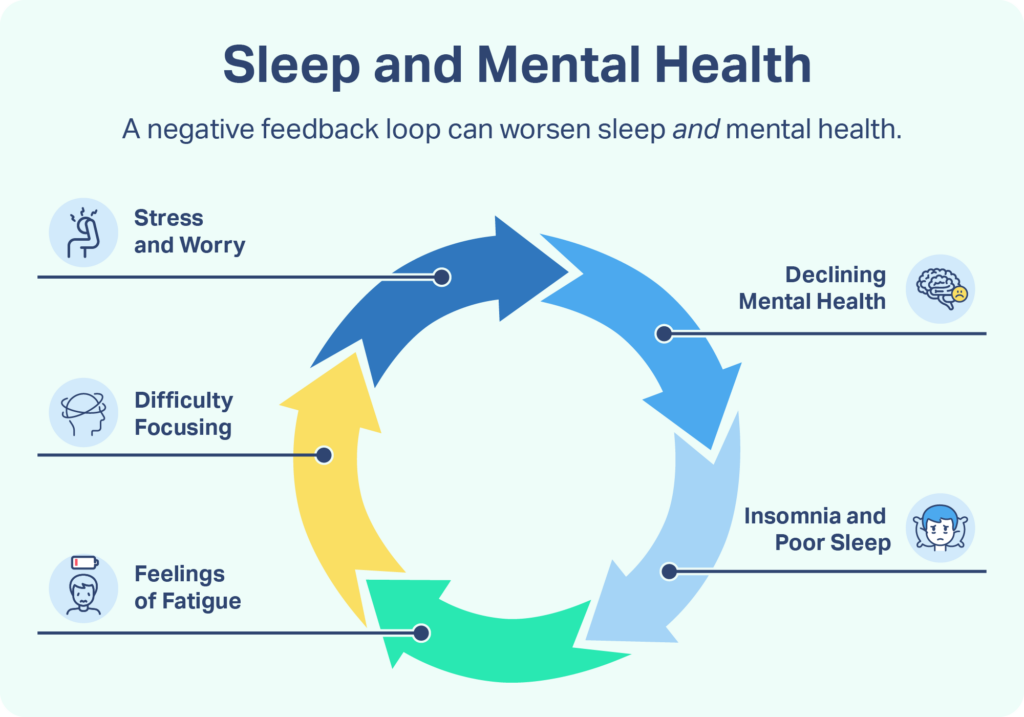Work, Play and Rest; The 3 Elements of a Balanced Daily Routine
I feel like work-life balance is always being marketed as this elusive thing that is impossible to find.
But the truth is, balance is not something you find — it’s something you create.
And creating balance can be as simple as taking a 5-minute break after a work meeting to regroup and reset.
Achieving work-life balance does not necessarily look like juggling multiple work commitments and social events with 2-hours of self-care each day without feeling overwhelmed.
Your work-life balance can simply be having 20 minutes to yourself in the evening where you do whatever you want.
So don’t overcomplicate things by overcommitting to self-care and making loads of social plans to reach a “work-life balance”.
Remember, that The Balanced Self Wheel represents just one day. Don’t go overboard by filling up each area to the brim as this will just lead to overwhelm.
Instead, strip it right the way back and focus only on 1-3 simple things for each area.
I encourage you to bookmark this post so you can refer back to it whenever you need to.
N.B. You can also use this idea to create a balanced week. If you’d prefer to do this then increase each section by adding 3-5 things.
Work
No matter how much I try to argue — work will always come first on my daily schedule. Purely because work gives me a reason to wake up in the morning — a purpose.
I’ve finally gotten to a place where I am excited by my work and I get to wake up every day doing what I love — blogging, coaching and connecting.
So yes, although I follow an “anti-hustle” approach to life and prefer slow living to fast living, work is still my top priority (after my health of course).
And I am not ashamed to admit that.
Although in the past, I’ve suggested scheduling non-work activities first, I’ve now started to do the opposite. What can I say?! I’m in my plan work first era!
But this has all come down to me recognising my needs and understanding what I need to do to feel balanced. And right now that is focusing on my work. (I guess this has stemmed from the fact that I spent the majority of last year travelling and dedicating my time to self-care.)
So every Sunday — as part of my reset routine, I make a list of all the tasks I need to do that week that will bring me closer towards my goals.
I already have a pretty good idea of this as my weekly tasks are usually the same. I then use the method of “theming my days” to organise these tasks throughout the week.
I don’t like to overload my todo list with loads of tasks so I focus on only 1-3 priorities each day. This allows me some flexibility as well if one task ends up taking longer than the other or my day doesn’t go as expected.
Writing down my top priorities for each day gives me a clearer picture of my schedule. I can then use this as the basis of how I balance my day.
For example, I’m usually busier mid-week as I like to use Monday and Tuesday to ease into my flow after the weekend. This means that I might have 3 important tasks on a Wednesday but only 1 or 2 on a Monday or Tuesday.
This shows me that I can dedicate more time at the beginning of the week to play and rest. As a result, I make sure to schedule up to 3 self-care activities for each area on a Monday and Tuesday whereas, on a Wednesday, I’ll only schedule one activity.
So take a moment now to write your top 1-3 priorities for today under the “be productive” segment.





